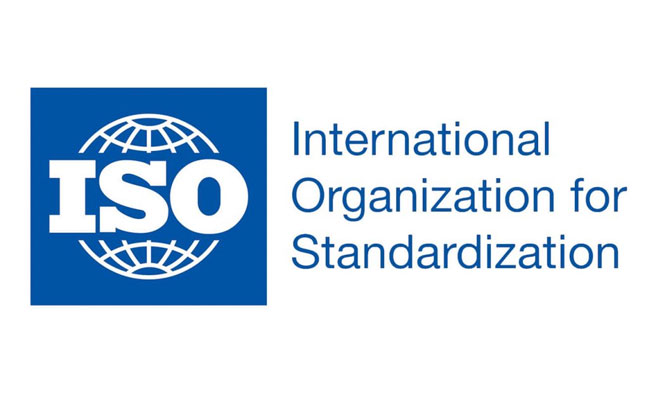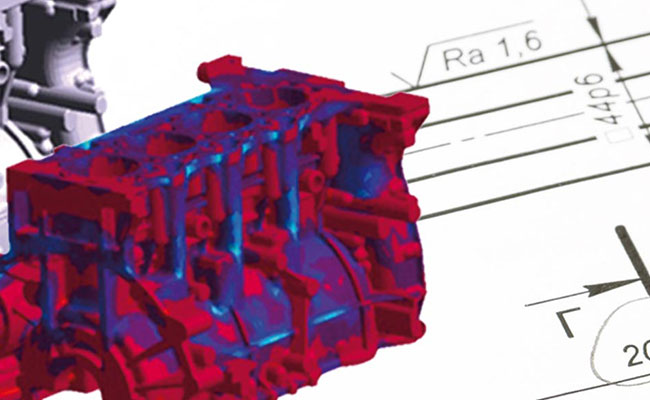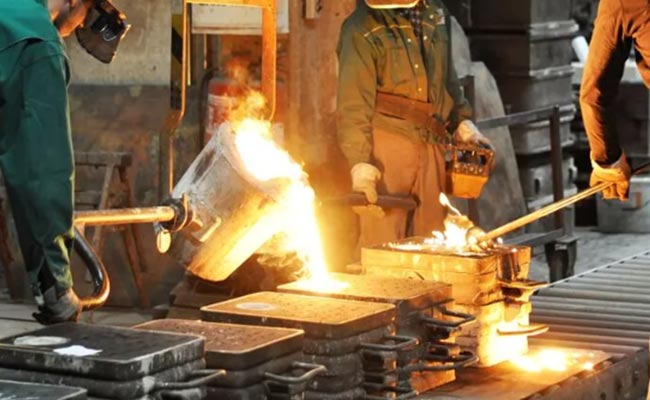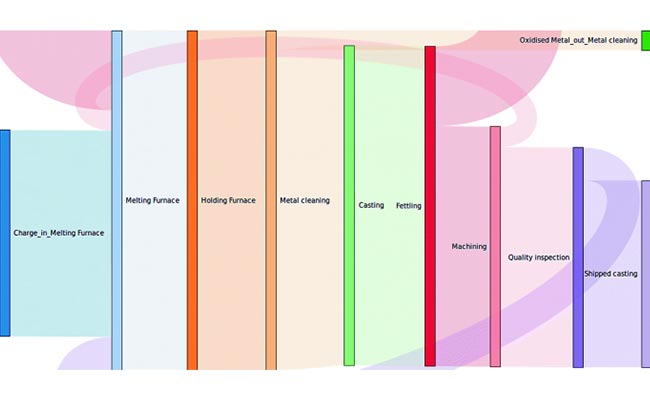
Common Casting Defects: Porosity, Shrinkage, and More Part Two
2025-06-23
Meeting ISO Standards: Why Certification Matters in Metal Casting Part Two
2025-07-07Meeting ISO Standards: Why Certification Matters in Metal Casting Part One

In the world of manufacturing, ensuring the highest quality and consistency is key to maintaining customer satisfaction and staying competitive. For metal casting operations, adhering to ISO (International Organization for Standardization) standards is one of the most effective ways to achieve this. ISO certification provides a framework for quality management that is recognized globally, ensuring that metal casting processes meet the strictest industry requirements.
So, why does ISO certification matter in metal casting? Here’s a look at the importance of meeting ISO standards and the benefits they bring to casting operations.
1. Ensures Consistent Quality
One of the primary reasons for ISO certification is to guarantee consistent product quality. ISO standards, such as ISO 9001 (Quality Management Systems), provide a structured approach to managing and controlling processes, ensuring that products meet both internal and external specifications.
For metal casting, this means controlling factors like material composition, molding processes, temperature management, and inspection techniques. By adhering to these standards, manufacturers can reduce the risk of defects, such as porosity, misruns, or shrinkage, ensuring that each part meets the desired quality benchmarks.
2. Enhances Customer Confidence
Achieving ISO certification demonstrates a commitment to maintaining high standards and delivering products that consistently meet customer expectations. For customers, this level of certification offers assurance that the manufacturer follows internationally recognized best practices and can be trusted to provide reliable, high-quality castings.
In industries like aerospace, automotive, and industrial machinery, where precision is critical, being ISO certified helps companies win and retain business, as customers often require certification as a precondition for working with suppliers.
3. Streamlines Operations
ISO standards are not just about quality control; they also focus on continuous improvement and efficiency. By following the guidelines outlined in the standards, companies can identify inefficiencies, reduce waste, and improve process flows.
For metal casting, this might mean optimizing the mold design, improving pouring techniques, or reducing scrap rates. Streamlining operations results in lower costs, faster production cycles, and increased productivity—key benefits that directly affect a company’s bottom line.
4. Supports Risk Management
One of the key aspects of ISO standards is risk management. ISO 9001 requires manufacturers to identify potential risks and implement strategies to mitigate them. This is especially valuable in metal casting, where defects and operational breakdowns can have significant consequences.
By proactively addressing issues like supply chain disruptions, material inconsistencies, or changes in production capacity, ISO-certified companies can prevent costly delays, improve delivery timelines, and maintain customer satisfaction.



